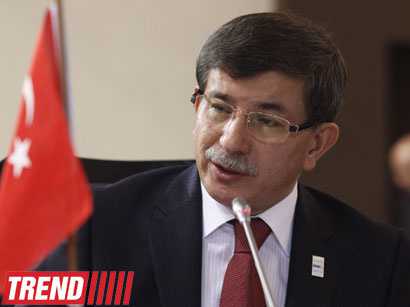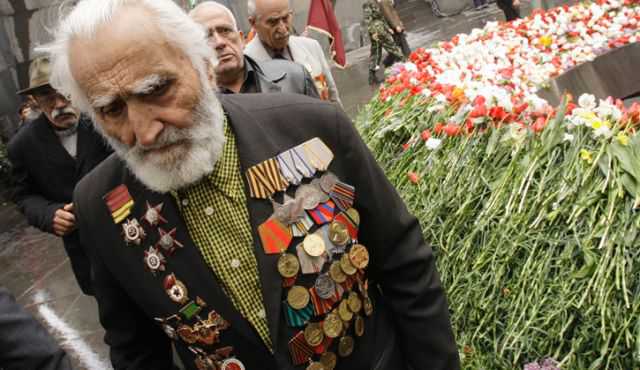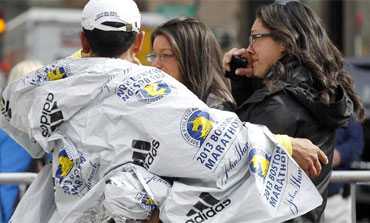Israel’s efforts to isolate the Gaza Strip politically are not working. Not even the recruitment of the US secretary of state has been enough to persuade Turkey’s Prime Minister, Recep Tayyip Erdogan, to postpone his visit to the besieged enclave.
International opposition to the visit has refocused attention on to the occupied Palestinian territory. Similarly, the pressures exerted on the Spanish government to freeze its decision to open a consulate in Gaza have revived the debate about the legality of the Israeli-led blockade and its political value. Israel’s policy is morally and politically bankrupt.
The reaction by Ankara and Madrid to Israeli pressure contrasted markedly. Turkey reaffirmed its stand immediately and, indeed, has since hosted Gaza’s minister of the interior for an official visit.
The Spanish, however, were incapable of resisting. It only took a meeting lasting an hour and a half between Israeli Prime Minister Benjamin Netanyahu and Foreign Minister Jose Manuel Garcia-Margallo before the latter announced that plans to open an honorary consulate in Gaza were “frozen”. His explanation was that it was “probably” not “the right decision at the time”.
Nevertheless, the mere fact that Madrid contemplated such a move suggests that the government there is not convinced about the need to blockade a million and a half people because they voted for a government hated by Israel. Unfortunately for Spain, though, it ranks among a group of poor EU countries labelled derisively as “PIGS” (Portugal, Ireland, Greece and Spain) by their detractors. The feeble state of its economy does not give Madrid the political muscle to challenge any EU policy which is itself so open to pressure from the pro-Israel Lobby.
Turkey is a different kettle of fish. Although its economy is now recording its lowest growth rate since 2009, Turkey still has the largest national economy in Central and Eastern Europe. According to OECD estimates it will become the second fastest-growing country in the world by 2017, ranked just below China. Thus, with no particular need for US hand-outs, unlike Israel, Turkey was always better positioned to spurn John Kerry’s “advice” on Erdogan’s trip to Gaza.
Israeli objections to the opening of the Spanish consulate in Gaza were typically vacuous. An article in the quasi-official Jerusalem Post claimed that Spain’s decision was incompatible with the provisions of the 1995 Israeli-Palestinian Interim Agreement on the West Bank and Gaza Strip. The Palestinians, explained the Post, had committed not to exercise powers and responsibilities in the sphere of foreign relations.
The question must therefore be asked: when has Israel ever honoured the terms of any of its international agreements with the Palestinians? Article IV of the 1993 Declaration of Principles, for example, states that the two sides must view the West Bank and the Gaza Strip as a single territorial unit, whose integrity will be preserved during the interim period.
Today, Israel’s apartheid wall around and within the West Bank has effectively redrawn its geographical boundaries, not only separating Occupied East Jerusalem from its natural hinterland but also cutting-off the northern part of the West Bank from the south.
Similarly, after Israel’s latest military aggression against Palestinian civilians in the Gaza Strip in November 2012 one of the conditions of the ceasefire brokered by Egypt was an end to the blockade. Israel continues to obstruct this believing that this is a price worth paying in order to topple the democratically-elected Hamas administration.
While Hamas may, understandably, view the increasingly frequent high level political visitors as some kind of diplomatic progress, the real beneficiaries are the people of Gaza.
Even so, it is no secret that the Western-approved Palestinian Authority in Ramallah utterly opposes all visits to Gaza by high-ranking foreign politicians. Such initiatives have been described by Ramallah as a threat to the geographic integrity of the land designated to be the future state of Palestine. The PA’s claim that Hamas is seeking to establish a state in the Gaza Strip cannot be taken seriously. The very reason why it is on the list of ‘terrorist’ organisations is because it believes in the liberation of all of historic Palestine, a basic tenet of the national struggle which Mahmoud Abbas and his movement have long since abandoned.
Mr Erdogan, like every other leader in the region, knows that the exclusion of either of the main Palestinian parties, Fatah or Hamas, from the political process is counter-productive. Hence, in order to avoid the repetition of the international hostility meted out to the Emir of Qatar and the Malaysian prime minister after their visits, Mr Erdogan will almost certainly reaffirm his request to be accompanied in Gaza by President Abbas. The response is equally predictable because as much as Mr Abbas may dearly love to make such a move, neither the Americans nor Israelis would allow it.
Meanwhile the road ahead for Hamas remains long and tedious. Thankfully, the recent announcements from Ankara and Madrid indicate that they are making headway. Today the movement enjoys relations with the Russian Federation, countries in Africa, Latin America and Asia.
Notwithstanding the importance of diplomacy, Hamas’s experience in Gaza has proven that ultimately what matters is the responsible exercise of power on the ground. This is what brings respect. If Mr Abbas was only able to do the same in the West Bank, Israeli settlers would not run amok at will as they do in every village and governorate under his nominal control, including Ramallah. That alone should drive home the futility of his current strategy.






